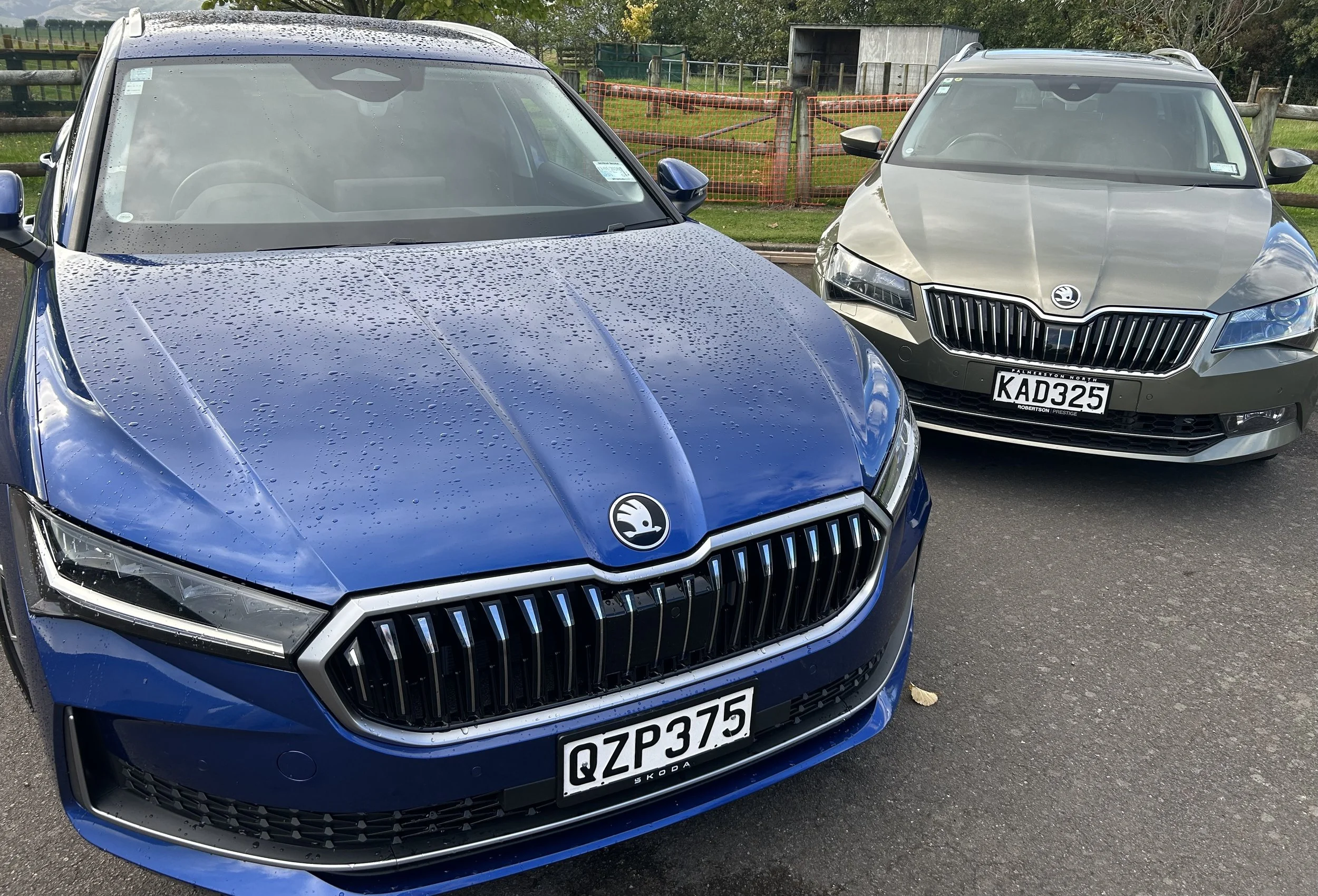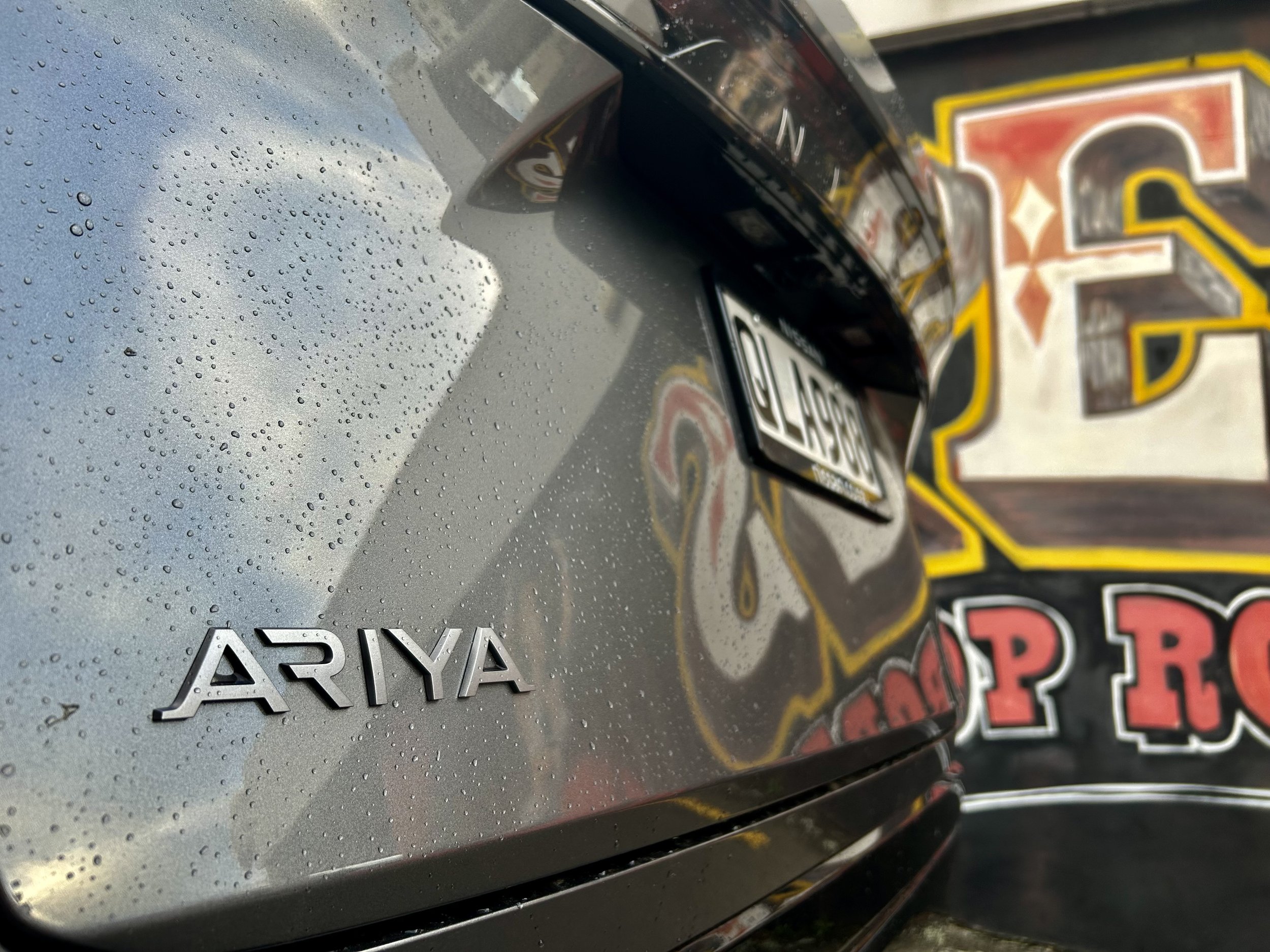Star shine, star shame
/NCAP rounds out its year with high scores, and low, for NZ-relevant cars.
THE concept of a ‘smashing score’ has gone to good and bad extremes for a pair of electric cars selling here.
The latest round of crash test results from Europe NCAP has praised BMW and punished Renault.
The world-leading safety legislator, whose scores are recognised in NZ, has applauded the German make’s new iX large sports utility, about to launch here, for achieving an optimal result from its tests, saying the five-seater operates at “it operates at the highest level of safety”.
In the same communique, though, it has sledged the latest update of the Renault Zoe, which has recently come on sale here.
The small city-centric model has taken a thorough battering from the organisation, with it saying this refreshed car has gone so far backwards in its safety specification that it deserves the worst possible rating: A zero outcome. That makes this Zoe only the third car in history to receive zero stars from Euro NCAP, despite the previous model scoring top marks
Neither brand’s local distributor has yet commented on the organisation’s assessments, relayed earlier today.
Test results for 11 new models were shared by NCAP; others receiving five stars outcomes were the G70 sedan and GV70 sports utility from Hyundai’s high-end marque, Genesis, the Nissan Qashqai, Mercedes EQS, the Volkswagen Caddy and the Skoda Fabia.
The Caddy has also just released in NZ and the Qashqai, EQS and Fabia are due next year. Genesis is also set to report back for local sales duty, though potentially with electric versions of those models, rather than the petrol versions NCAP put to the wall.
Four star scores went to the Fiat 500e, an electric version of the baby model that is due for late 2022 release here, and the MG Marvel, which is presently only made for left hand drive markets.
Renault’s shame didn’t end with the Zoe. The Spring, a small crossover from Dacia, the Romanian brand it also operates, was deemed worthy of a single star.
NCAP says both performed “even worse than expected” in its test regime.
Michiel van Ratingen, secretary general of Euro NCAP, admitted surprise the Zoe had achieved a poorer score in its upgraded form than the original car of 2013 did.
NCAP said the “new” Zoe, a facelift introduced in 2020, received several battery improvements but no added safety.
“On the contrary, the seat-mounted side airbag which previously protected head and thorax has been replaced by a less effective thorax-only airbag, representing a degradation in occupant protection,” a statement from NCAP said.
“The new ZOE offers poor protection in crashes overall, poor vulnerable road user protection and lacks meaningful crash avoidance technology, disqualifying it for any stars.”
Said van Ratingen: “Renault was once synonymous with safety. The Laguna was the first car to get five stars, back in 2001.
“But these disappointing results for the ZOE and the Dacia Spring show that safety has now become collateral damage in the group’s transition to electric cars.”
Of the Zoe and Spring, he contended “not only do these cars fail to offer any appreciable active safety as standard, but their occupant protection is also worse than any vehicle we have seen in many years.
“It is cynical to offer the consumer an affordable green car if it comes at the price of higher injury risk in the event of an accident.”
The iX, on the other hand, was considered a paragon in all respects.
NCAP said the new technology flagship impressed with “both its outstanding occupant protection and its advanced driver assistance systems, which are particularly effective in helping to prevent accidents.”
The BMW iX proved well above average by achieving five-star ratings in all test categories.
In the assessment of adult occupant protection, the testers highlighted among other features the effectiveness of the new interactive airbag between the driver and front passenger seats, which provides additional protection against injury in the event of a side collision. Child safety in the rear was also given the highest possible score for both frontal and side collisions.
The integrated safety concept of the BMW iX was considered a crucial element. This includes highly resilient support structures and precisely designed deformation zones that absorb the impact of a collision and keep it away from the passenger compartment.
The especially exotic nature of the car’s body structure paid off, NCAP determined. The design combines an aluminium spaceframe concept with a carbon cage for the passenger compartment. Particularly torsion-resistant components made of carbon fibre reinforced polymer (CFRP) are used in the roof, side and rear sections.


















